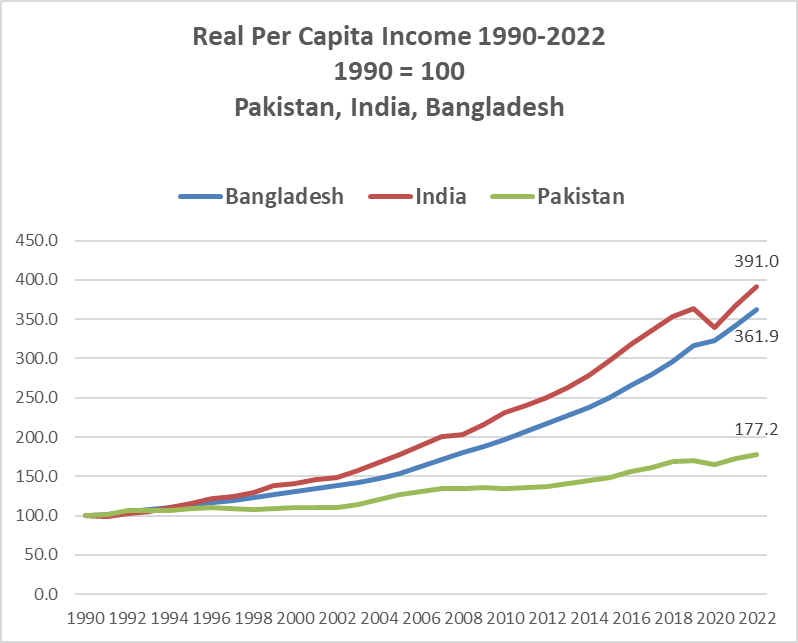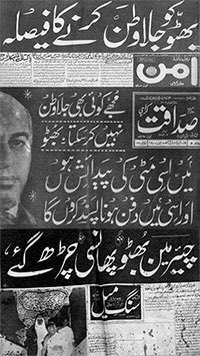
Former Citigroup Emerging Markets Investments Head, & Chief Macro (EM) Strategist https://t.co/HeDGtU0mFU
How to get URL link on X (Twitter) App

https://twitter.com/yousufnazar/status/1779110997090766987primary vehicles of key services of education, health, streets, sanitation, & local policing. Provinces should be able to take measures to attract foreign investments. Local governments should be able to collect property taxes to fund the provision of basic services. A % of 2/n



https://twitter.com/YousufNazar/status/1640318405071757315
 Supreme Court has been sitting on a presidential reference on ZAB's judicial murder for 12 years. It is hard to take SC judges' claims about justice seriously given the judiciary's long and dark past and its role in the darkest chapter of Pakistan's post-1971 history; the hanging… twitter.com/i/web/status/1…
Supreme Court has been sitting on a presidential reference on ZAB's judicial murder for 12 years. It is hard to take SC judges' claims about justice seriously given the judiciary's long and dark past and its role in the darkest chapter of Pakistan's post-1971 history; the hanging… twitter.com/i/web/status/1…

 Imports were stable around the $44-45bn range during 2013-2016 despite an appreciation of the rupee in real terms. In 2017, imports rose by $8bn to $52.9bn & to $60.8bn in 2018. 70% of the rise in the import bill was accounted for by energy products, capital equipment 2/3
Imports were stable around the $44-45bn range during 2013-2016 despite an appreciation of the rupee in real terms. In 2017, imports rose by $8bn to $52.9bn & to $60.8bn in 2018. 70% of the rise in the import bill was accounted for by energy products, capital equipment 2/3

 the Indian sub-continent. No Indian Moslem with any pretence to sanity contemplates a Moslem state or series of States in North-West India outside the British commonwealth of Nations as a plan of practical politics. 2/n
the Indian sub-continent. No Indian Moslem with any pretence to sanity contemplates a Moslem state or series of States in North-West India outside the British commonwealth of Nations as a plan of practical politics. 2/n